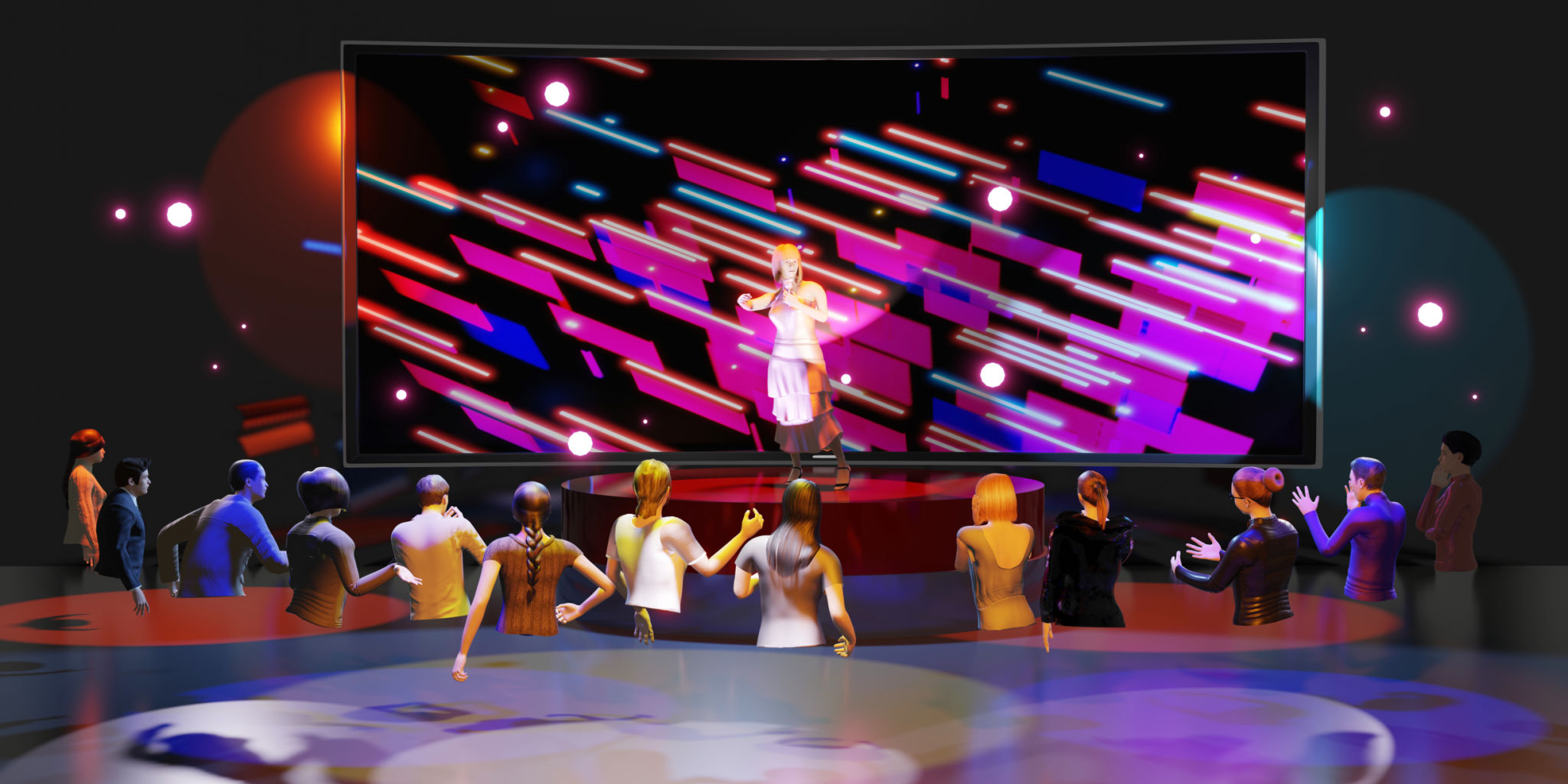Unlocking the Future: Trends in Electronic Music Publishing
The Rise of Digital Platforms
The landscape of music publishing has undergone a significant transformation with the rise of digital platforms. Gone are the days when artists were solely reliant on record labels and physical distribution to reach their audience. Today, platforms like Spotify, Apple Music, and Bandcamp have democratized access to music, allowing independent artists to publish their work directly to a global audience. This shift has not only expanded the reach of artists but also facilitated a more diverse range of music being shared and celebrated worldwide.

These platforms have also introduced new revenue models, providing artists with multiple streams of income. From subscription services to ad-supported listening, musicians now have more options than ever to monetize their creations. This evolution in distribution and revenue generation has been pivotal in shaping the future of electronic music publishing.
Embracing Artificial Intelligence
Artificial Intelligence (AI) is playing an increasingly influential role in the music industry. AI technology is being used to analyze listener data, helping artists and publishers understand audience preferences and trends. This insight is invaluable for tailoring content to meet listener demands and enhance user experience. Moreover, AI-powered tools are aiding in music production, offering innovative ways to create and remix tracks.
The use of AI is not limited to production and analytics; it is also revolutionizing music discovery. AI algorithms can recommend new tracks to listeners based on their previous listening habits, thus increasing exposure for emerging electronic music artists.

The Importance of Social Media
Social media has become an indispensable tool for promoting electronic music. Platforms like Instagram, TikTok, and YouTube are not just for sharing content but also for building a community around an artist's brand. Through live streams, behind-the-scenes content, and interactive posts, artists can engage directly with their fans like never before.
This direct connection fosters a sense of loyalty and support among fans, which can be crucial for an artist's success in today's competitive market. Social media trends can also lead to viral moments that catapult songs to new heights, showcasing the power these platforms hold in modern music publishing.

Blockchain and Music Rights
Blockchain technology is making waves in the management and protection of music rights. By providing a transparent and immutable ledger for transactions, blockchain offers a solution to some of the industry's long-standing issues with royalty payments and copyright infringement. Artists can now ensure they receive fair compensation for their work while maintaining control over their intellectual property.
This technology also opens up possibilities for new business models, such as fractional ownership of songs and direct fan-to-artist transactions. These innovations promise to reshape the economic landscape of electronic music publishing by empowering artists and enhancing transparency.
Virtual Reality Concerts
Virtual reality (VR) is another trend that's transforming how fans experience electronic music. With VR technology, artists can create immersive live concert experiences that fans can enjoy from anywhere in the world. These virtual concerts offer a new level of engagement, allowing fans to interact in a digital space while enjoying a live performance.

As VR technology continues to evolve, we can expect even more creative expressions of electronic music performances. The potential for VR to create unique fan experiences is vast, promising exciting opportunities for both artists and audiences in the future.
Conclusion: A New Era of Music Publishing
The future of electronic music publishing is undeniably bright, driven by advancements in technology and shifting consumer behaviors. As digital platforms continue to innovate and new technologies emerge, artists will have even more tools at their disposal to create, share, and monetize their music on their terms.
These trends not only unlock new possibilities for artists but also enhance the overall listening experience for fans worldwide. Embracing these changes will be key for anyone looking to thrive in the ever-evolving world of electronic music publishing.
